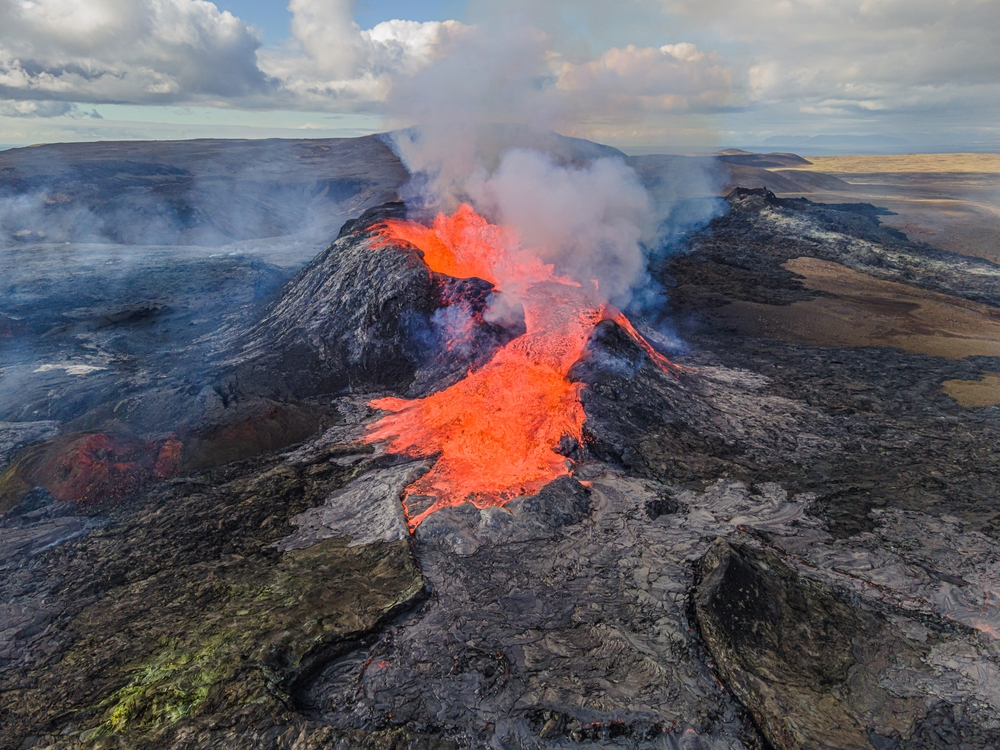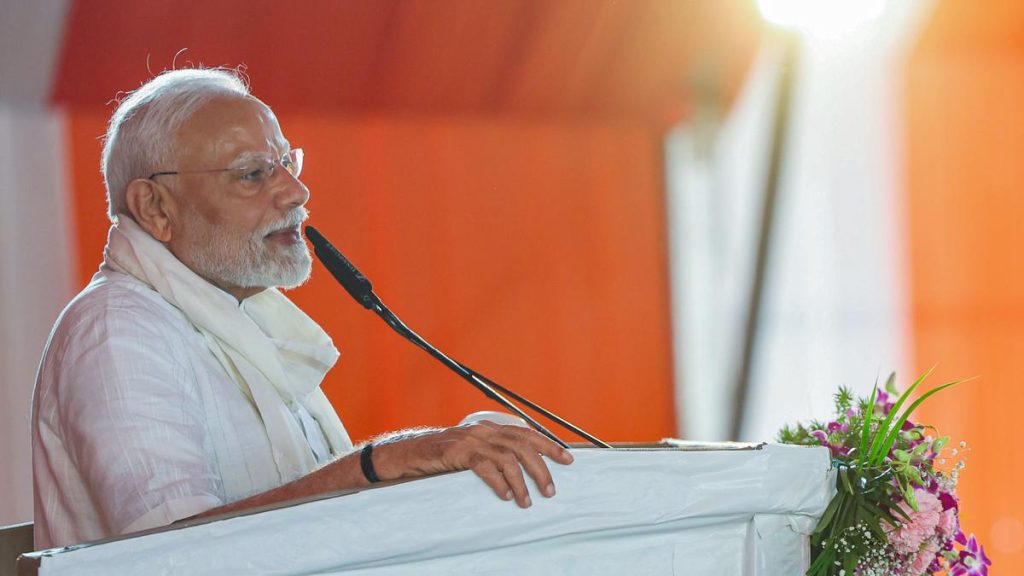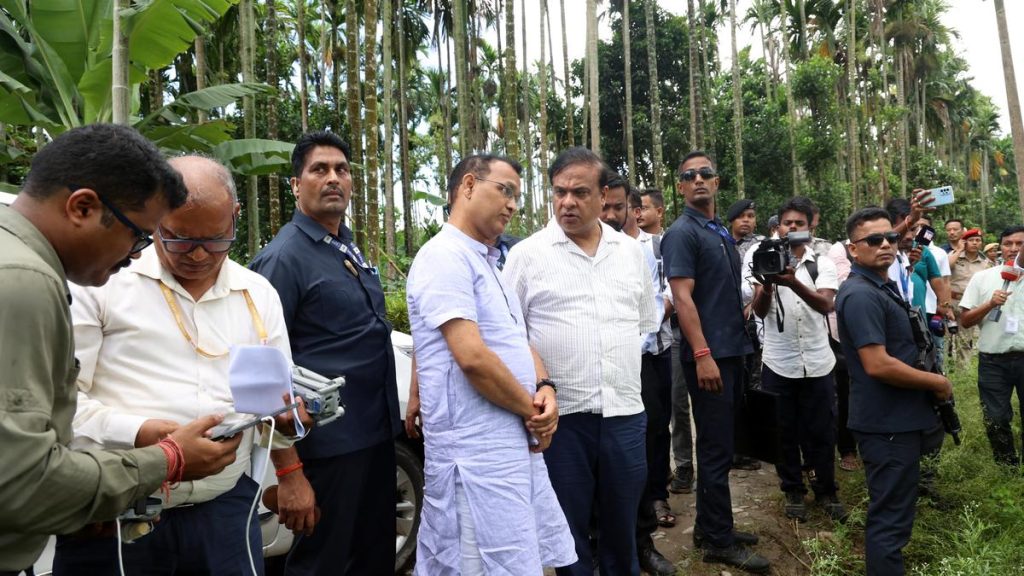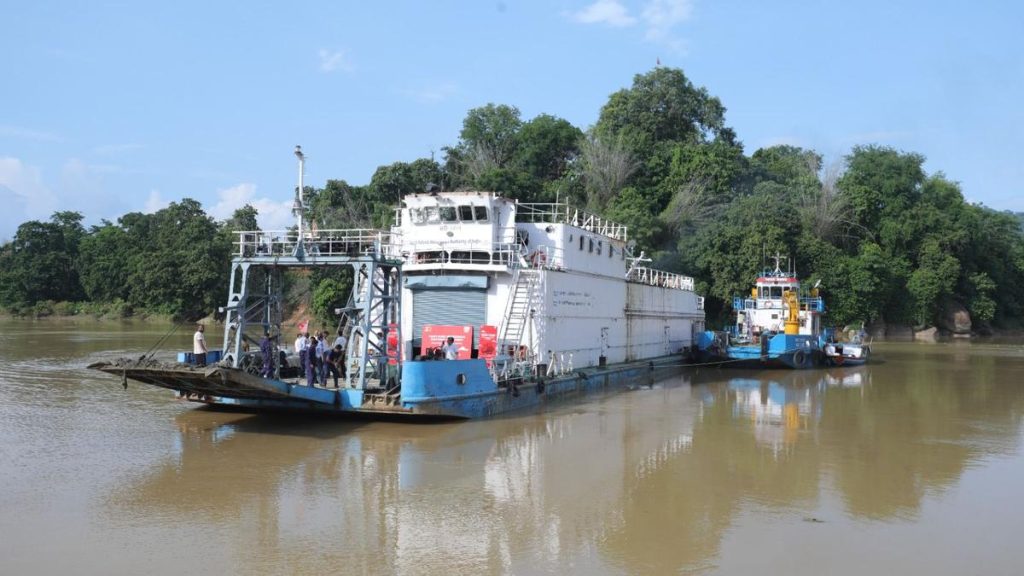Now Reading: Fiber-Optic Cables Enable Early Volcanic Eruption Warnings
-
01
Fiber-Optic Cables Enable Early Volcanic Eruption Warnings
Fiber-Optic Cables Enable Early Volcanic Eruption Warnings

Quick Summary:
- Location: The reykjanes Peninsula in iceland, part of the Mid-Atlantic Ridge, is highly active with volcanic eruptions. This area has experienced eight eruptions as November 2023.
- Technology Highlights: A new eruption warning system based on Distributed Acoustic Sensing (DAS) technology has been tested successfully in Iceland. DAS uses fiber-optic cables to detect underground seismic activities caused by magma movement.
- Capabilities: The DAS system provides early warnings for volcanic eruptions up to 30 minutes or several hours in advance,outperforming GPS or satellite-based methods in precision.
- Deployment Success: Within a month after installation on a 100-kilometer underground cable following a substantial magma intrusion on November 10, 2023, the system recorded its first eruption.
- Meaning: Iceland’s geologists expect an increase in volcanic activity over time. Reliable systems like DAS are crucial for protecting lives and aiding evacuations near risk-prone towns like grindavík.
- Leadership & Collaboration: Scientists from the University of Houston and caltech led efforts as part of an international project focused on advancing volcano monitoring globally.
[image: Volcano monitoring setup via fiber optics]
Indian Opinion Analysis:
India could derive multiple lessons from Iceland’s advances in volcano monitoring technology using Distributed Acoustic Sensing (DAS). While India is not heavily exposed to volcanic threats – barring dormant ones like those near Andaman and Nicobar Islands – similar principles might support enhanced earthquake surveillance or tsunami warning systems around tectonically active regions. For instance, utilizing fiber-optic networks could provide real-time alerts for seismic disturbances along coastal belts prone to underwater quakes.
Moreover, this innovation underscores the importance of international collaboration between research institutions – an opportunity India can explore more deeply given its growing investment into disaster management technologies. Also relevant is how rapid deployment models showcased here could inform emergency responses during natural disasters within India’s diverse geography.
As nations worldwide prepare for climate-induced shifts impacting geological patterns, India may benefit by keeping pace with cutting-edge advancements that integrate existing infrastructure (fiber-optics) into public safety frameworks.



























